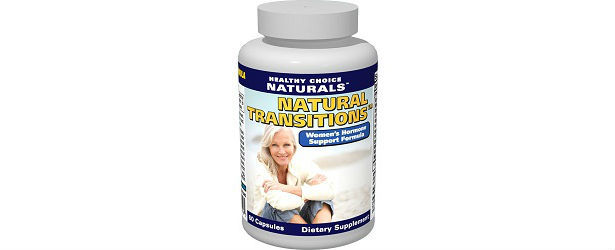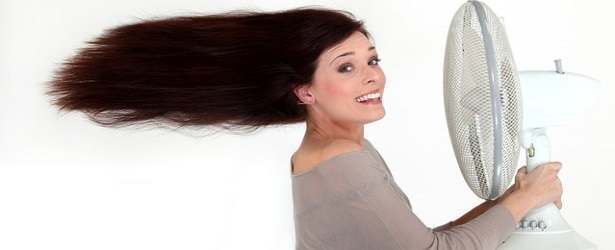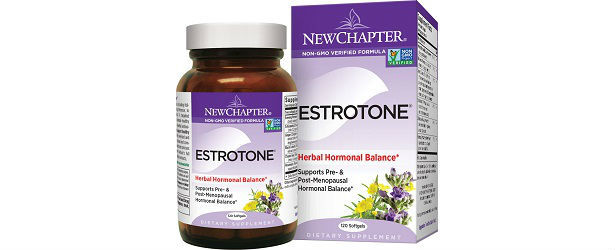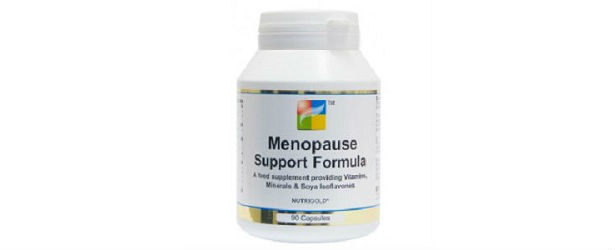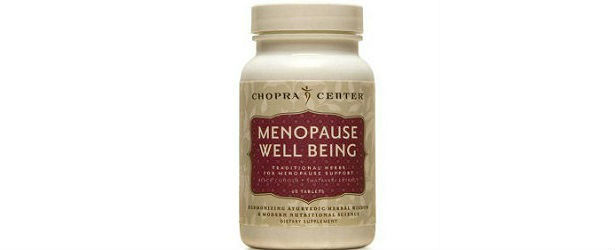
Types of Hot Flash Treatments
When talking about menopause, inevitably, every woman mentions hot flashes. It is probably the most frequently experienced and possibly most troublesome symptoms of menopause. If you are one of the lucky ones, you may only experience mild sweating and sensations of heat, lasting no more than a year or so. Other, not so lucky women suffer much greater and far lengthier hot flashes, which may even get worse over time.
What Causes Hot Flashes?
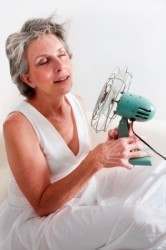 Hormone changes in the body are the primary culprit of the sweating and heat women feel when they experience hot flashes. The sudden reduction in the amount of estrogen in the body causes the hypothalamus, the part of the brain that controls the body’s temperature, to stop functioning properly, causing hot flashes and other menopausal symptoms.
Hormone changes in the body are the primary culprit of the sweating and heat women feel when they experience hot flashes. The sudden reduction in the amount of estrogen in the body causes the hypothalamus, the part of the brain that controls the body’s temperature, to stop functioning properly, causing hot flashes and other menopausal symptoms.
A hot flash is often described as the heat a woman feels in her face and upper part of her body. In certain instances, the hot flash can be preceded by a sensation of cold. Many women may also notice their skin changing color: their face may become redder due to the heat. Commonly, excessive sweating, headaches, or feeling lightheaded or nauseous may also accompany the episode.
Women may experience a much higher body temperature, weakness, or nervousness. In some cases, she may feel like she is experiencing a heart attack, particularly if the sweating is accompanied by a choking sensation or irregular heartbeats.
The duration and intensity of hot flashes can be unpredictable; many women turn to their doctors to help them cope with more severe symptoms. If you are looking for medical help for your hot flashes , you can choose between either traditional therapy or natural treatments.
Traditional Treatments
Hormone replacement therapy (HRT) is a common traditional treatment for menopause symptoms. HRT substitutes the hormones progesterone and estrogen that the female body loses during menopause, widely thought to be the primary cause of hot flashes. HRT replaces these hormones, which your body needs, thus alleviating problems such as anxiety, mood swings, and sleeping problems, in addition to the hot flashes. Hormone replacement treatment has helped lots of menopausal women; however, it does involve a certain health risks. Women who smoke, and women taking oral contraceptives or other substances high in estrogen are at a greater risk of blood clots when undergoing HRT. Other negative side effects include increased risks for: 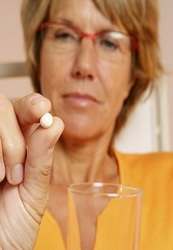
- Heart disease
- Pulmonary embolism
- Stroke
- Deep vein thrombosis
- Breast cancer
- Endometiral cancer
You can decrease most HRT related health risks by quitting smoking. A combination of progesterone with estrogen may also lower the risk for endometrial cancer. Applying hormone creams or patches may also prevent blood clots.
Natural Treatments
Natural treatments for hot flashes are growing in popularity. Healthy eating habits and taking herbs can have the same results as prescription drugs, but without the adverse side effects traditional medication can have. A well-balanced diet, avoiding caffeine-laden drinks and alcohol which can trigger hot flashes, and engaging in plenty of physical activity can reduce or even relieve completely some women’s menopause symptoms.
TOP 5
MENOPAUSETreatments |
|||||
| MenoClear | Menozac | Avlimil | Promensil | Balance Point | |
|---|---|---|---|---|---|
| 1 | 2 | 3 | 4 | 5 | |
| Price (1 bottle) Price (6 bottles) Best Value |
$49.95 $135.70 |
$49.95 $299.95 |
$29.95 $149.00 |
$35.95 $215.70 |
$39.95 $239.70 |
| Overall Rating | 99.60% | 88.20% | 80.90% | 77.80% | 69.10% |
| Effectiveness |





|





|





|





|





|
| Speed of Results | Extremely Fast | Good | Average | Average | Slow |
| Quality of Ingredients | Premium | Good | Good | Average | Average |
| Customer Satisfaction Evaluation | 99.00% | 86% | 80% | 75% | 66% |
| Safety Evaluation | Safe for Use | Safe for Use | Safe for Use | Safe for Use | Safe for Use |
| Customer Service Rating |





|





|





|





|





|
| Reorder Rate | Highest | Good | Good | Average | Average |
| Return Policy | Risk Free | Unused + Restocking Fee | Risk Free | No | Risk Free |
| Success Rate | 99% | 85.20% | 78% | 74% | 67% |

 Subscribe Now
Subscribe Now




